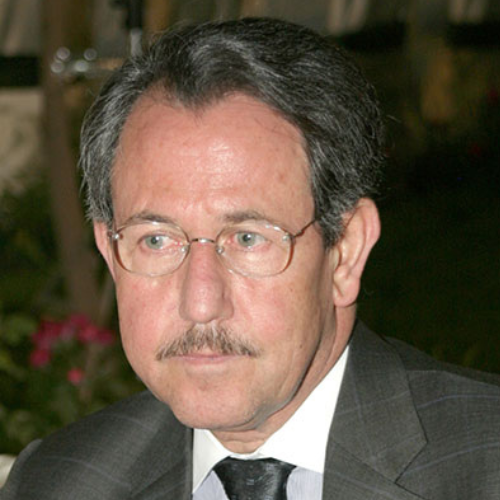The United States has imposed new sanctions on Fawaz al-Akhras, the father-in-law of Bashar al-Assad, the leader of Syria. This move comes just a day after the news that former Syrian president, Hafez al-Assad, reportedly fled to Russia. The sanctions are a significant step in the ongoing efforts by the US to punish key figures linked to the Assad regime, which has been accused of numerous human rights violations and brutal actions during the Syrian civil war.
The Sanctions and Their Impact
The US government announced that Fawaz al-Akhras was being sanctioned because of his role in supporting and helping Bashar al-Assad with financial matters. This includes aiding in avoiding international sanctions and trying to get international recognition for Assad’s government. The US sanctions target individuals or entities involved in activities that undermine peace or stability in Syria, especially those connected to the Assad family.
Fawaz al-Akhras is accused of being part of a network that helps Assad’s regime survive despite the heavy international pressure and sanctions placed on Syria. These sanctions are part of a broader strategy by the US to isolate Syria and its government. By freezing assets, blocking financial transactions, and preventing people on the sanctions list from traveling, the US hopes to limit the regime’s ability to operate globally.
Who Is Fawaz al-Akhras?
Fawaz al-Akhras is a Syrian-born cardiologist who holds dual citizenship, both Syrian and British. He was born in the city of Homs, Syria, in September 1946. Before becoming involved in the political scene, he worked as a medical professional and lived in London for many years. His daughter, Asma al-Assad, is married to Bashar al-Assad, making Fawaz al-Akhras the father-in-law of the Syrian president.
Israel Targets Strategic Weapons in Syria as Putin Grants Assad Asylum
While many people may not have heard of Fawaz al-Akhras before, his connection to the Assad family makes him an important figure. He has played a role in facilitating business dealings and supporting the Assad regime in a number of ways, including helping the government evade international sanctions. The US government believes that his actions have helped keep Bashar al-Assad’s leadership intact despite the ongoing conflict and worldwide opposition to his rule.
In addition to the new sanctions, Fawaz al-Akhras was previously sanctioned by the US in 2020. This earlier action was part of a broader effort to pressure the Assad family and its close allies. Other family members, including his wife Sahar and daughter Asma, were also included in the previous round of sanctions, highlighting the family’s close ties to the regime.
Why Are Sanctions Important?
Sanctions are a tool used by countries, like the US, to try to influence the actions of governments or individuals without using military force. In this case, the US government wants to punish people who are believed to be supporting a regime that has been accused of terrible actions during the Syrian civil war. These actions include violent crackdowns on protests, the use of chemical weapons, and the targeting of civilians.
Syria’s Sanctions Gamble: Will Assad Cut Ties with Iran?
The Syrian civil war, which started in 2011, has led to the deaths of over 500,000 people and caused millions to flee their homes. The US and other countries have been critical of the Assad government throughout the conflict. The Assad regime, in power since the 1970s, has been accused of using force to silence any opposition and maintain control over Syria.
By imposing sanctions on people like Fawaz al-Akhras, the US is trying to stop the Assad government from continuing its practices by making it more difficult for key players to operate internationally. These sanctions also send a strong message to others who may be supporting the Assad regime that they too could face similar penalties if they continue to assist the government.
Sanctions like these are part of a larger effort by the US and other countries to hold the Assad regime accountable for its actions during the war and pressure it into making political and human rights reforms. The hope is that, by targeting people and companies who are helping Assad, it will be harder for the government to continue its operations and for the war to drag on. However, the use of sanctions is a complex strategy, and the effectiveness of these measures is often debated.


